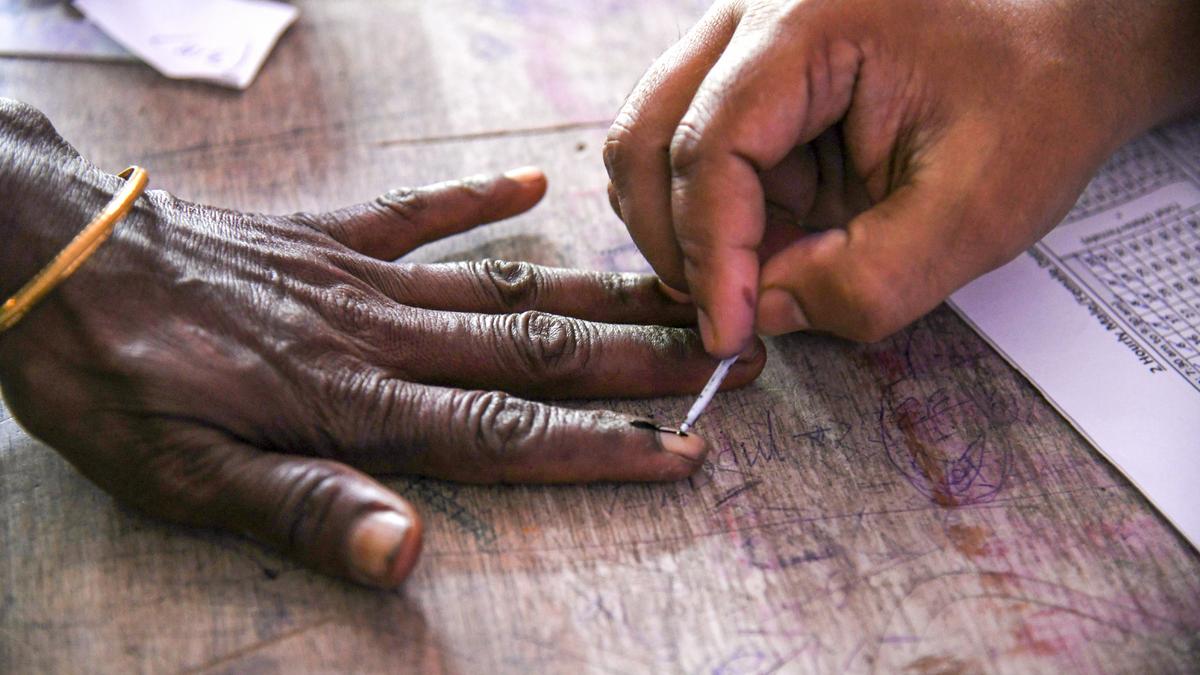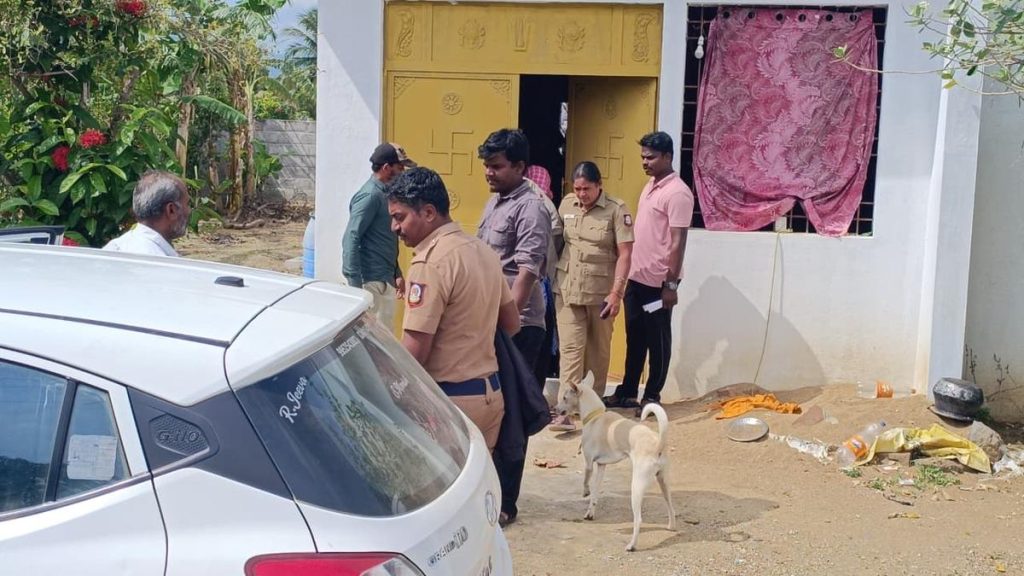Now Reading: Investigation Stalls as ECI Delays Technical Data on Alleged Vote Theft in Karnataka’s Aland
-
01
Investigation Stalls as ECI Delays Technical Data on Alleged Vote Theft in Karnataka’s Aland
Investigation Stalls as ECI Delays Technical Data on Alleged Vote Theft in Karnataka’s Aland

Rapid Summary
- Allegations of voter electoral roll manipulation emerged in Aland Assembly constituency, Karnataka. 5,994 votes were targeted via forged Form 7 applications before the 2023 Assembly elections.
- The manipulations included false applications stating voters had moved out of the constituency. Only 24 out of 6,018 applications were found genuine by election officials.
- Complaints by affected voters revealed systematic misuse of credentials to remove votes from the list without consent. Entire households were sometimes targeted for deletion.
- Technical investigations stalled as crucial data (Destination IPs and Ports) requested by Karnataka Police’s CID from the Election Commission remain unprovided. Without this facts, tracking culprits has been challenging due to dynamic IP addresses and multilayered obfuscation techniques used in submissions on EC platforms like NVSP and Voter Helpline app.
- Nine mobile numbers connected to some forgery cases were traced; however, their owners claimed no involvement or knowledge regarding these voter deletion applications.
- Concerns have also arisen over weak authentication protocols on EC apps regarding OTP verification processes during such transactions.
Images:
Read more: The hindu article link
Indian Opinion Analysis
The allegations involving large-scale voter manipulation underscore critically important vulnerabilities within India’s electoral system concerning authentication protocols and cybersecurity measures on Election Commission platforms like NVSP and Voter Helpline app. That sensitive processes like voter deletions can be tampered with so systematically raises urgent concerns about maintaining integrity in democratic institutions.
While timely intervention prevented potential disenfranchisement during the 2023 karnataka elections, further delay in resolving technical hurdles-such as providing Destination ips crucial for investigation-could set a precedent for unaddressed loopholes being exploited in future polls across India.
The stalled CID probe signifies a gap between investigatory agencies’ needs and institutional support from bodies like the Election Commission-a critical issue that demands review not only for criminal clamping but also ensuring full openness within electoral bodies entrusted with safeguarding democracy itself.
from an operational outlook, strengthening multi-factor authentication systems coupled with rigorous app security monitoring can mitigate systemic abuses significantly going forward.
























